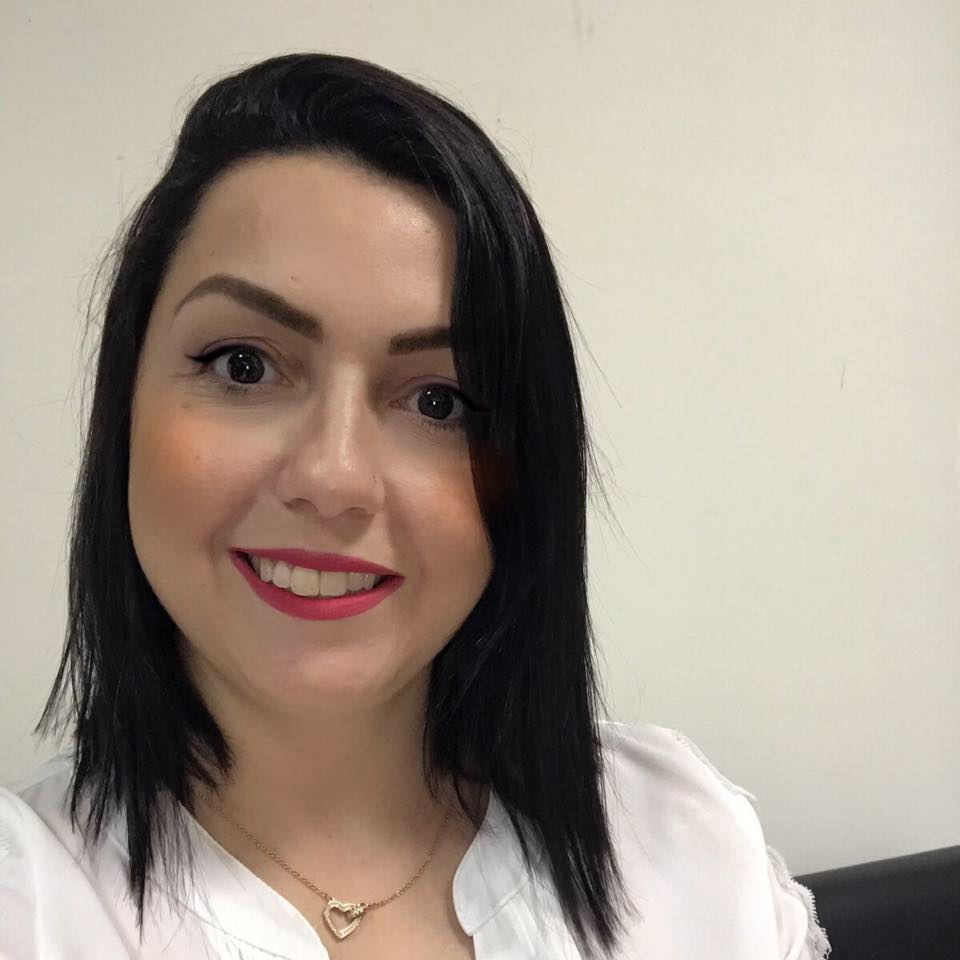Teacher Development 2: Lesson Observation, part 2
As I said in my previous post on lesson observation, I don’t see lesson observation as police work, i.e. observers should never simply walk into teachers’ classes unannounced to observe them. Therefore, the way I see it, observation should always be done in three stages: pre-observation meeting (when observer and observed discuss the group, the plan, the class etc.), observation (in which observer sits in on the whole class, not just part of it), and post-observation meeting (when observer and observed discuss the class in question).
This month, I’d like to start by focusing specifically on the second and third stages: the observation itself and what to focus on; the post-observation meeting and how to give feedback. It’s also
Focus during observation
There is a very wide variety of areas an observer can focus on during a class: effectiveness of instructions, the clarity of presentation, (lack of) use of L1, rapport, class preparation, the teacher’s language proficiency, board organization, to name a few. It would be a Herculean effort – and bound to fail – to focus on all these areas in 60, 75, or 90 minutes of class, while at the same time taking notes, reading the teacher’s plan, smiling at students… The best strategy, I think, would be to, so to speak, pick your fights.
During the pre-observation meeting, it is possible the teacher will have told the observer about one (or a few) areas of their teaching, or of their work with the group in hand, that they’d like the observer to zero in on. I think I’ve been using L1 a lot with this group, or I can’t get some of the students to participate, or My board’s a mess etc., and that would be a very good place to start.
Alternatively, the observer could take previous observations of that same teacher into consideration and focus on (an) area(s) where there had been room for improvement before, so as to see whether improvement has actually been achieved – this is, after all, the whole point of lesson observation: to promote teacher development.
Regardless of what the focus is, there should be one. Observing everything – trying to spot each and every aspect of a teacher’s class that can be improved upon – will not only be overwhelming for the observer but, perhaps most importantly, will make it harder for the teacher and the observer to come up with a workable action plan.
Feedback
Provided observation was focused, the chances are feedback will be a lot more meaningful for the teacher, as well as goal-oriented.
Imagine, for example, the observer had three main points to focus on during the class, all of which arose from the pre-observation meeting: board work, clarity of instructions, rapport. Having paid close attention to these three areas, there’s every likelihood the observer will now be able to help the teacher rethink their work regarding these, and provide them with an action plan for what to do in the following classes. Ideally, this action plan will be part of the written feedback the teacher will be provided with, so as to make it easier for the teacher to put it into practice and for the observer to check improvement in the next observations.
Despite having focused primarily on certain areas, the observer will almost certainly have something to say during feedback which will stray from them. That is, of course, not a problem. Although, say, the teacher’s use of language was not one of the areas to observe, it may have been impossible not to notice the teacher says homeworks with alarming frequency, and that should be mentioned. Or, on the other hand, the teacher’s warm-up and wrap-up activities might have been so incredibly effective the observer would be remiss not to praise them – after all, positive feedback is also vital. What’s paramount, I think, is that feedback should never merely be a litany of “imperfections” in a teacher’s class – that would be disheartening, and Rome wasn’t built in a day! Neither should it be just a Good job! and a pat on the back – a colossal waste of time for all of those involved.
Finally, feedback should be specific: The action plan the observed teacher will be given can never be phrased along the lines of You need to improve your board work, but instead it should look more like Try writing in one color and underlining/highlighting in a different one, or Make sure you write down the answers to listening exercises on the board, or Use the right extremity of the board to list vocabulary words students have asked you during the class, or even
etc. The action plan should contain concrete ideas and suggestions, not simply a list of ‘areas to improve on’.
Being observed is nobody’s idea of fun, but rather a pretty nerve-wrecking part of a teacher’s work. The least observers can do is make it worth it, making sure teachers will, at the end of the post-observation meeting, feel the hard work they put in (writing out a detailed lesson plan, sweating buckets during the actual class etc.) has paid off.
Next moth: peer observation.







